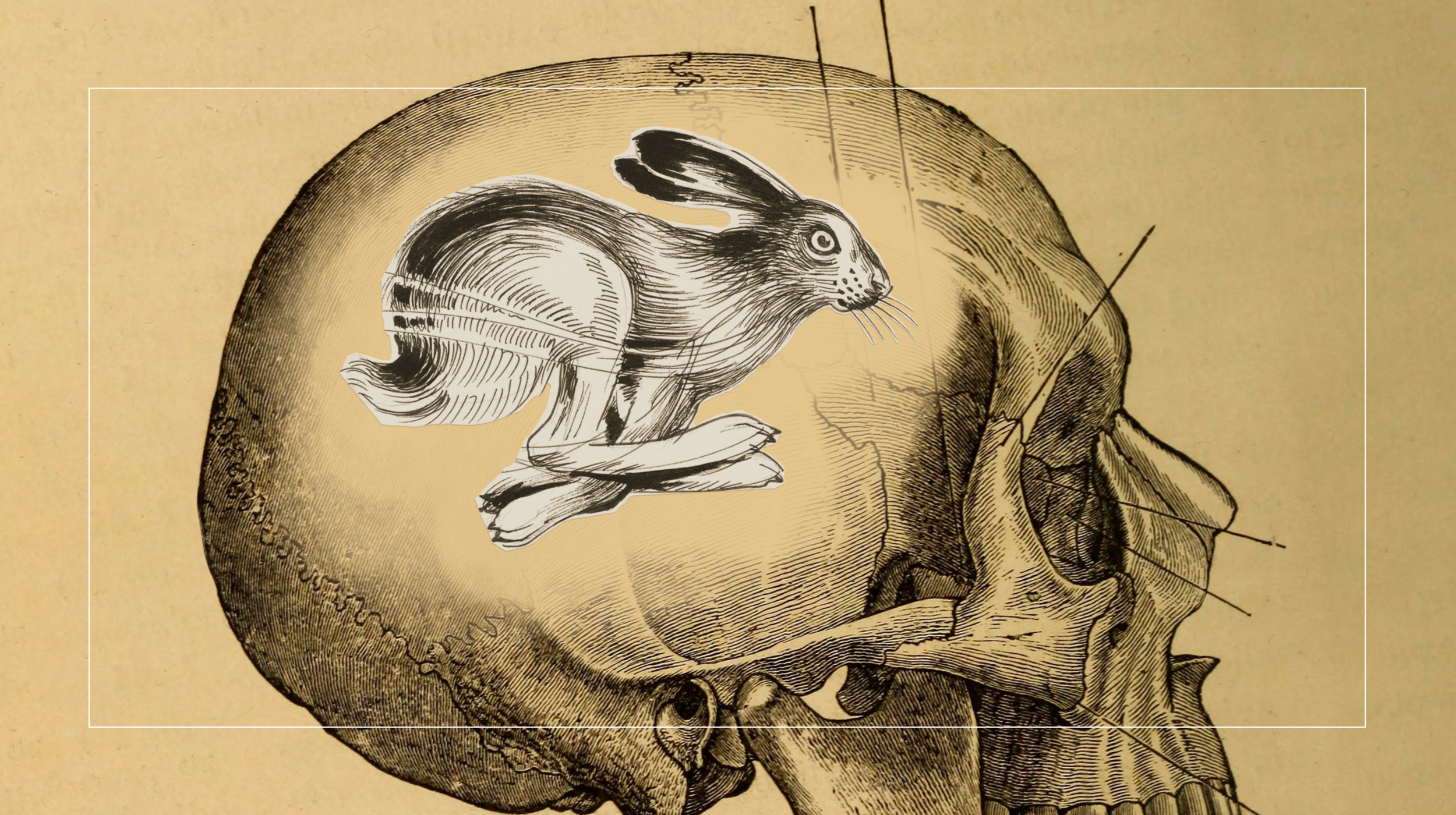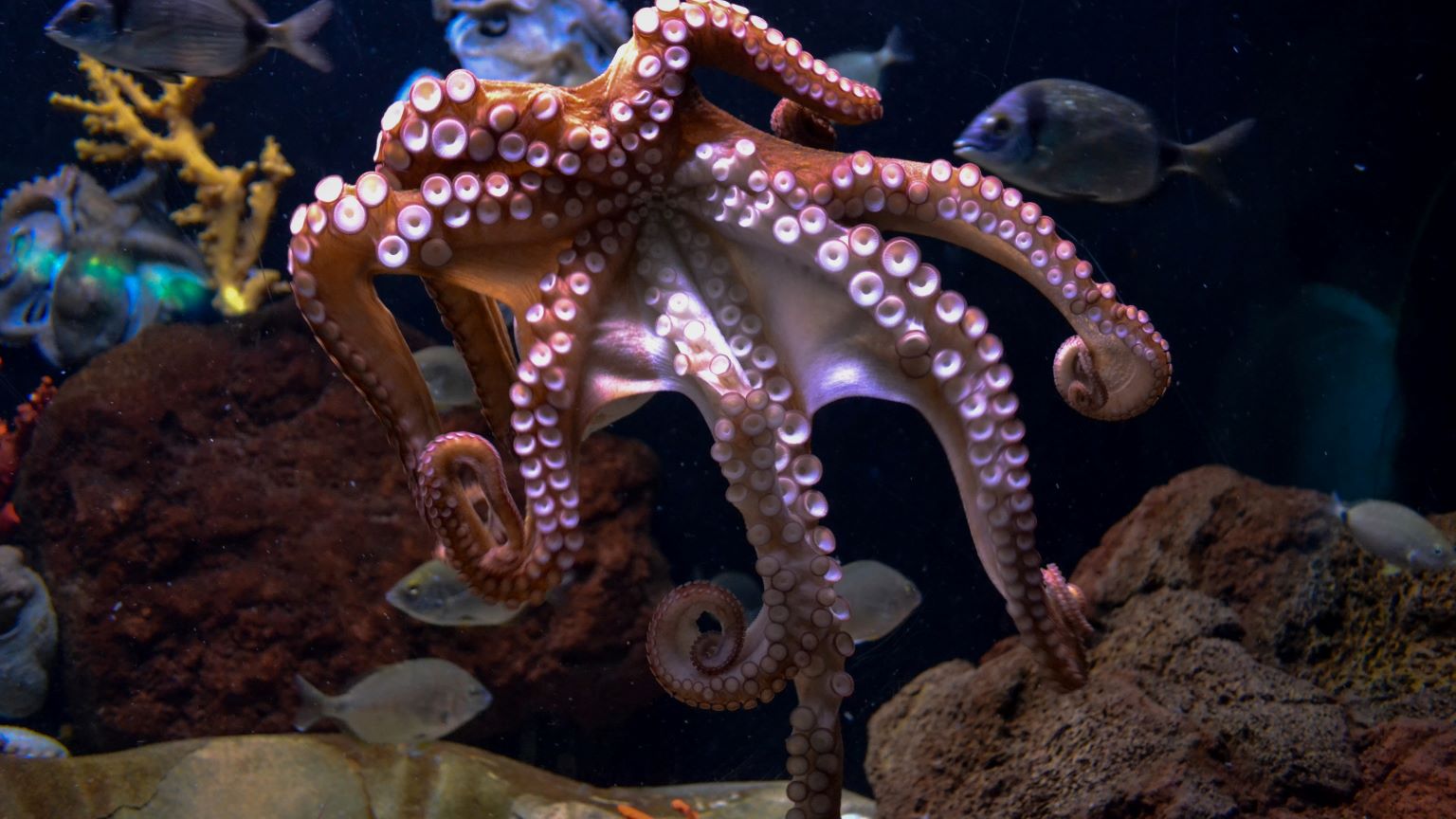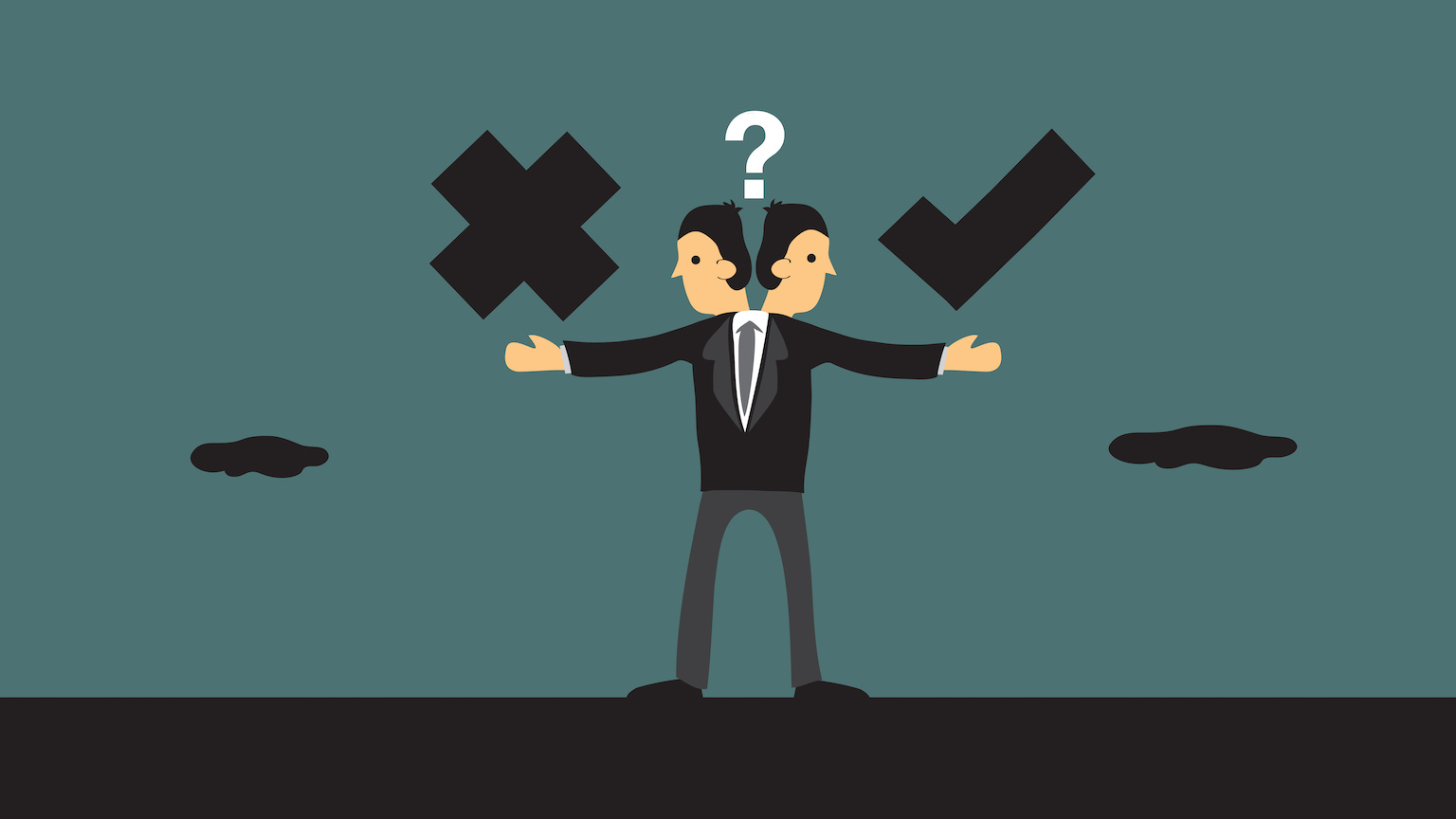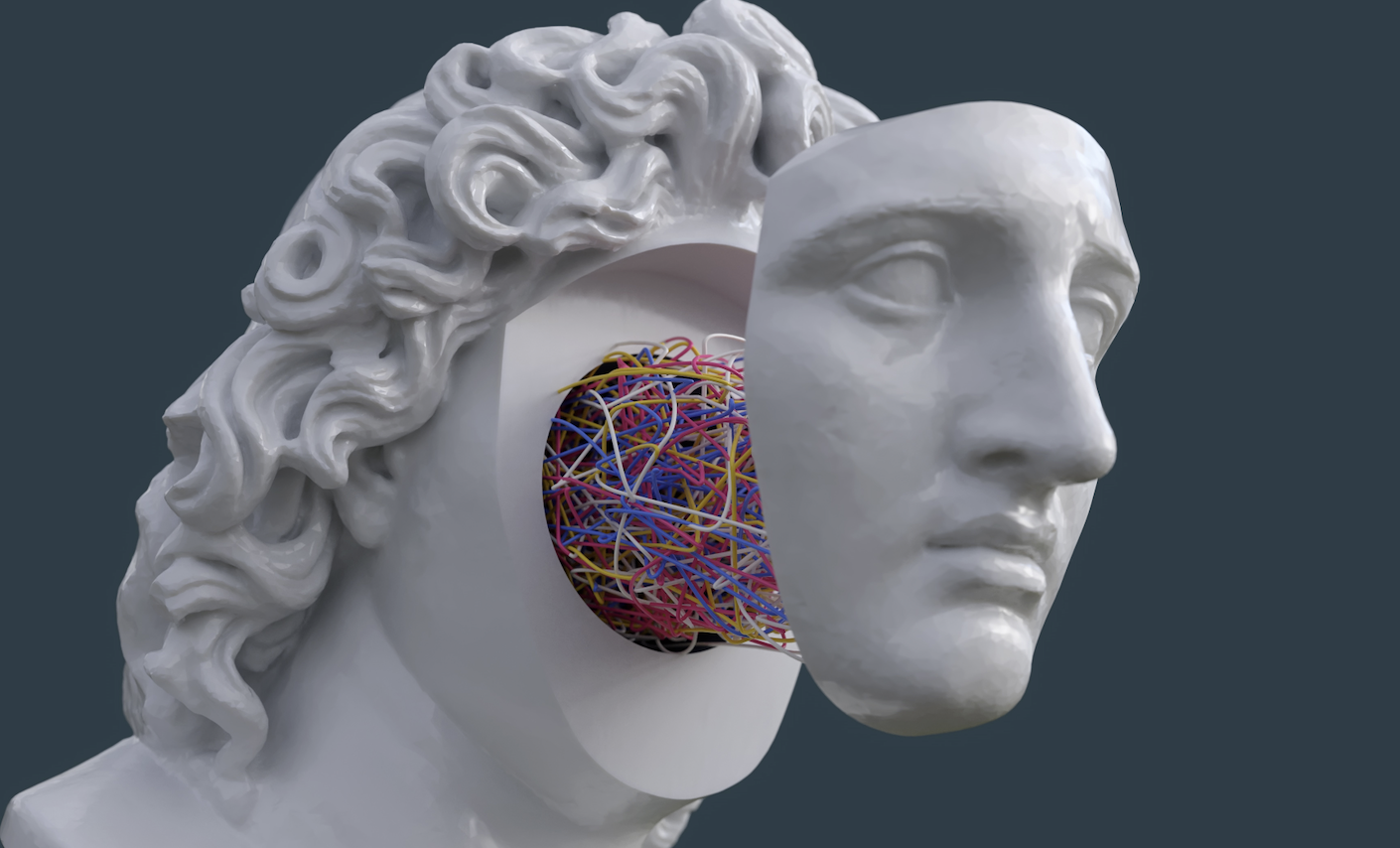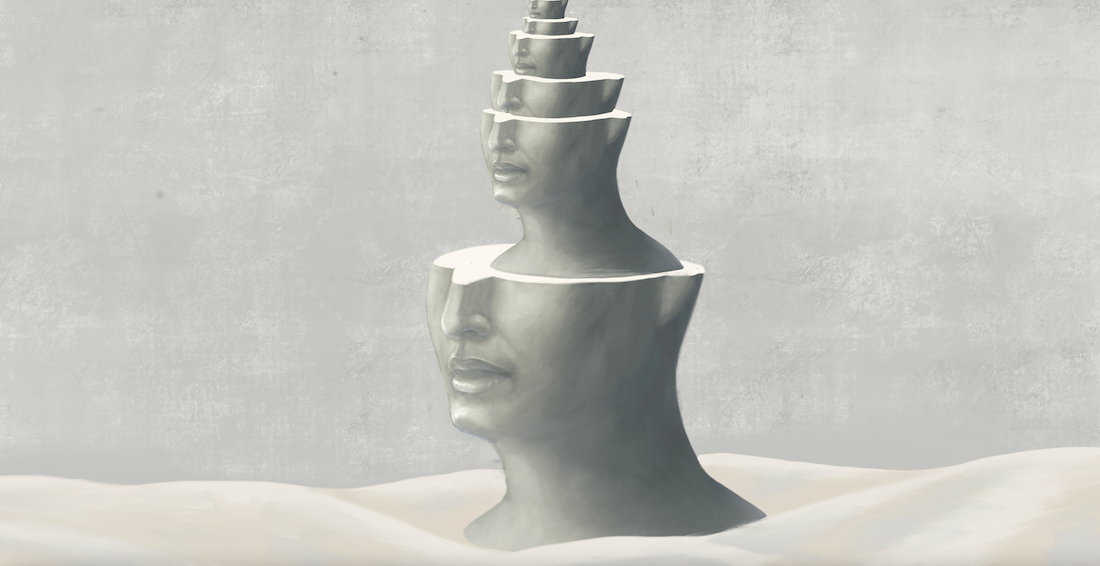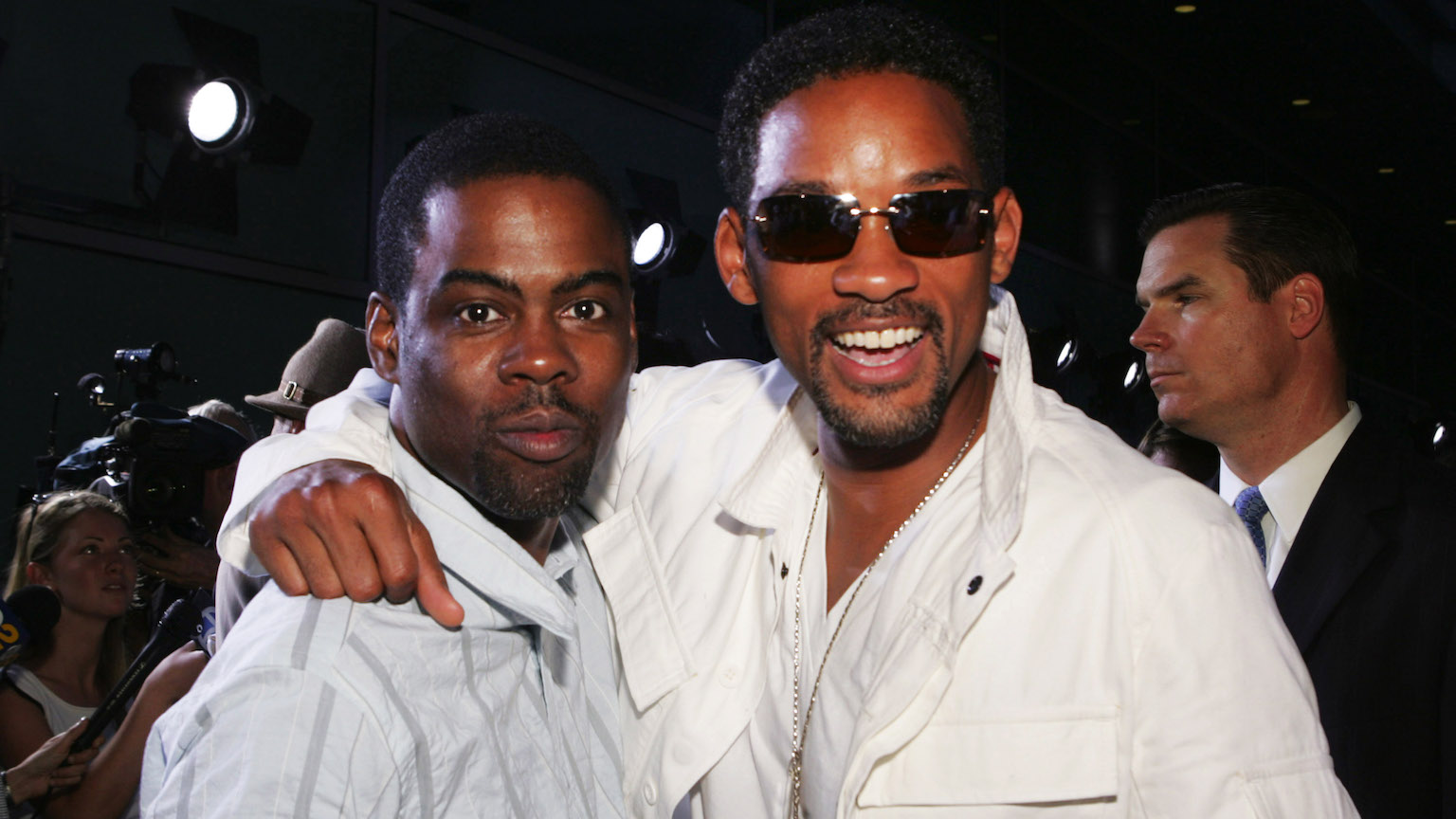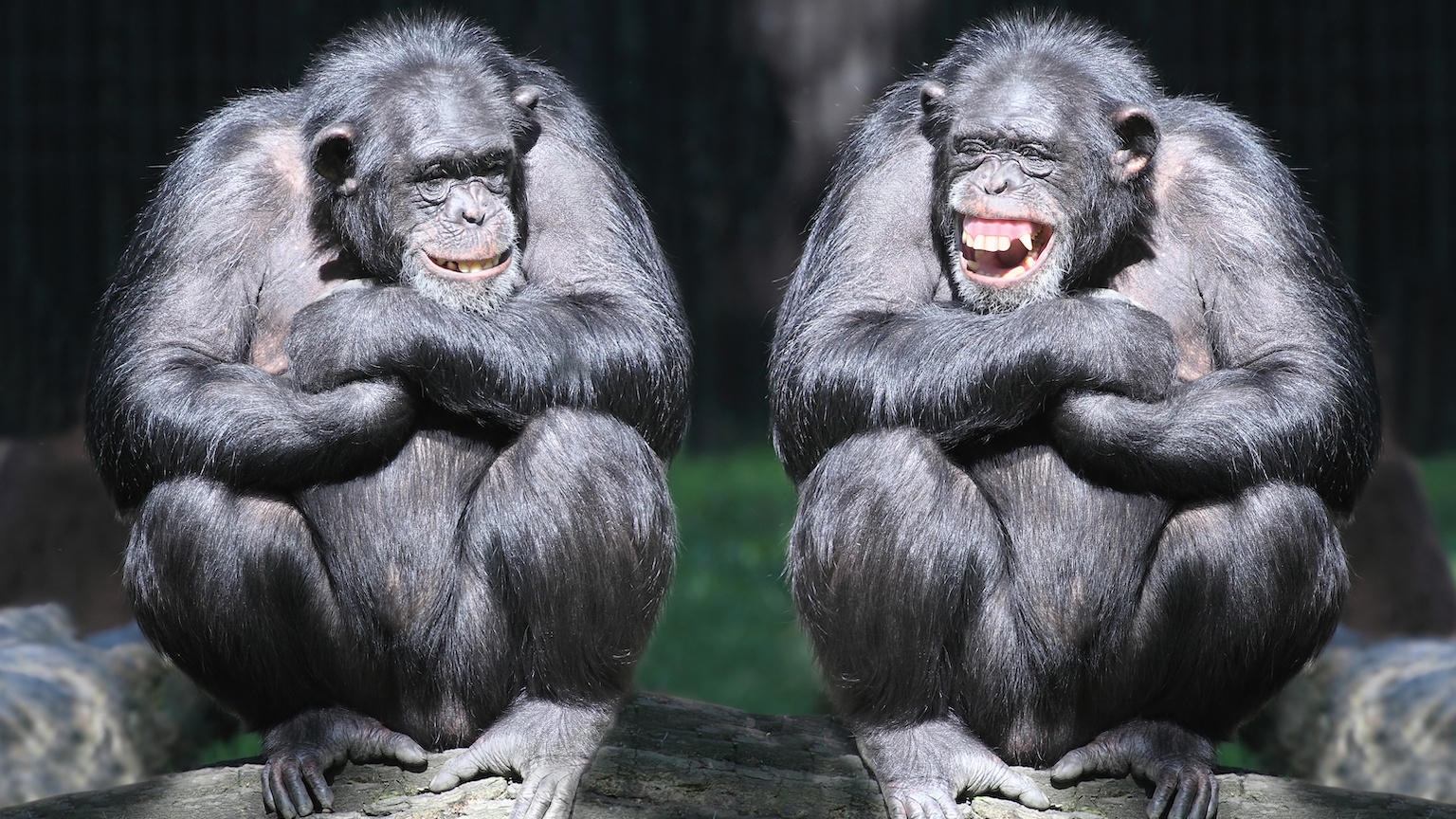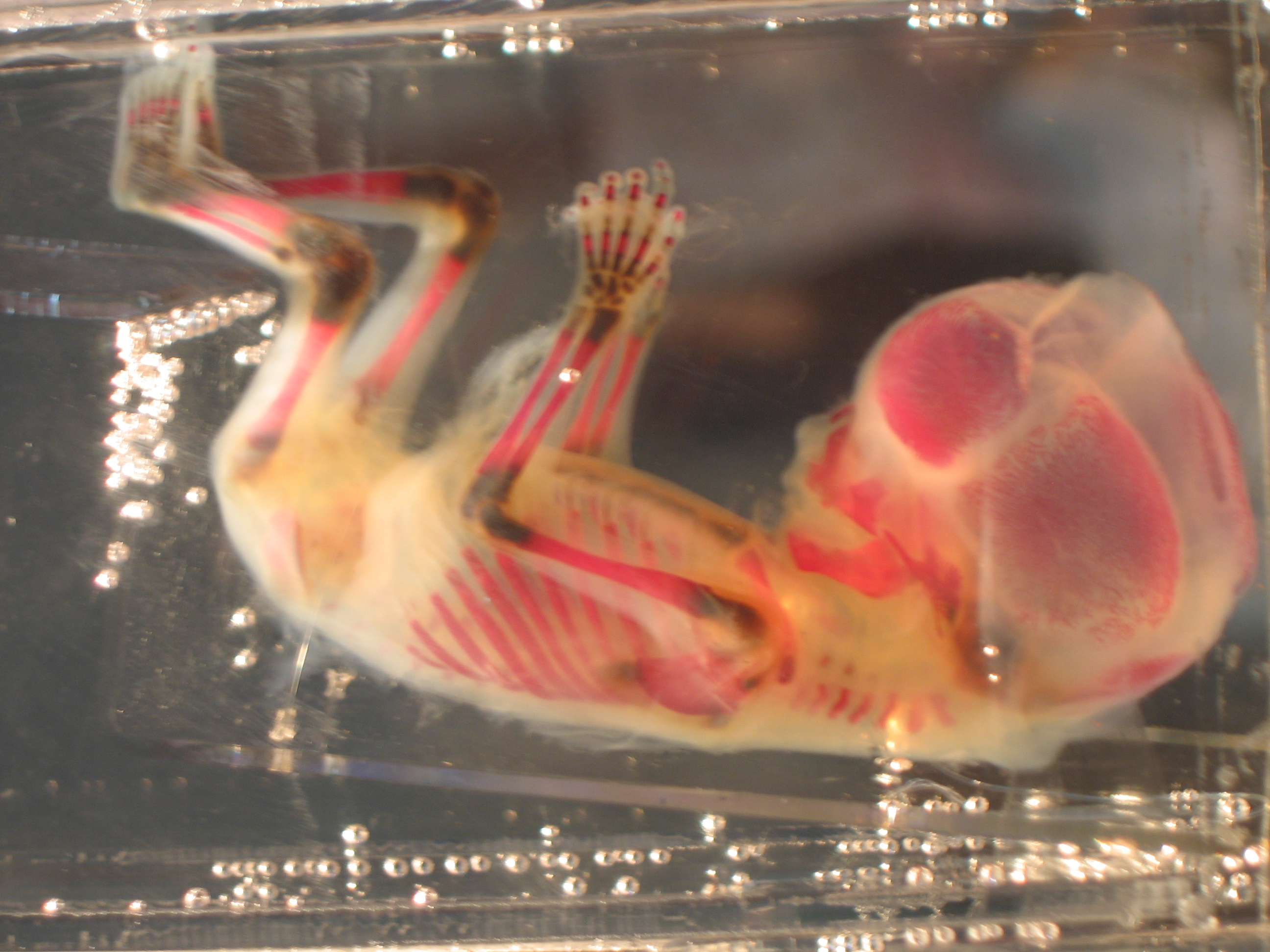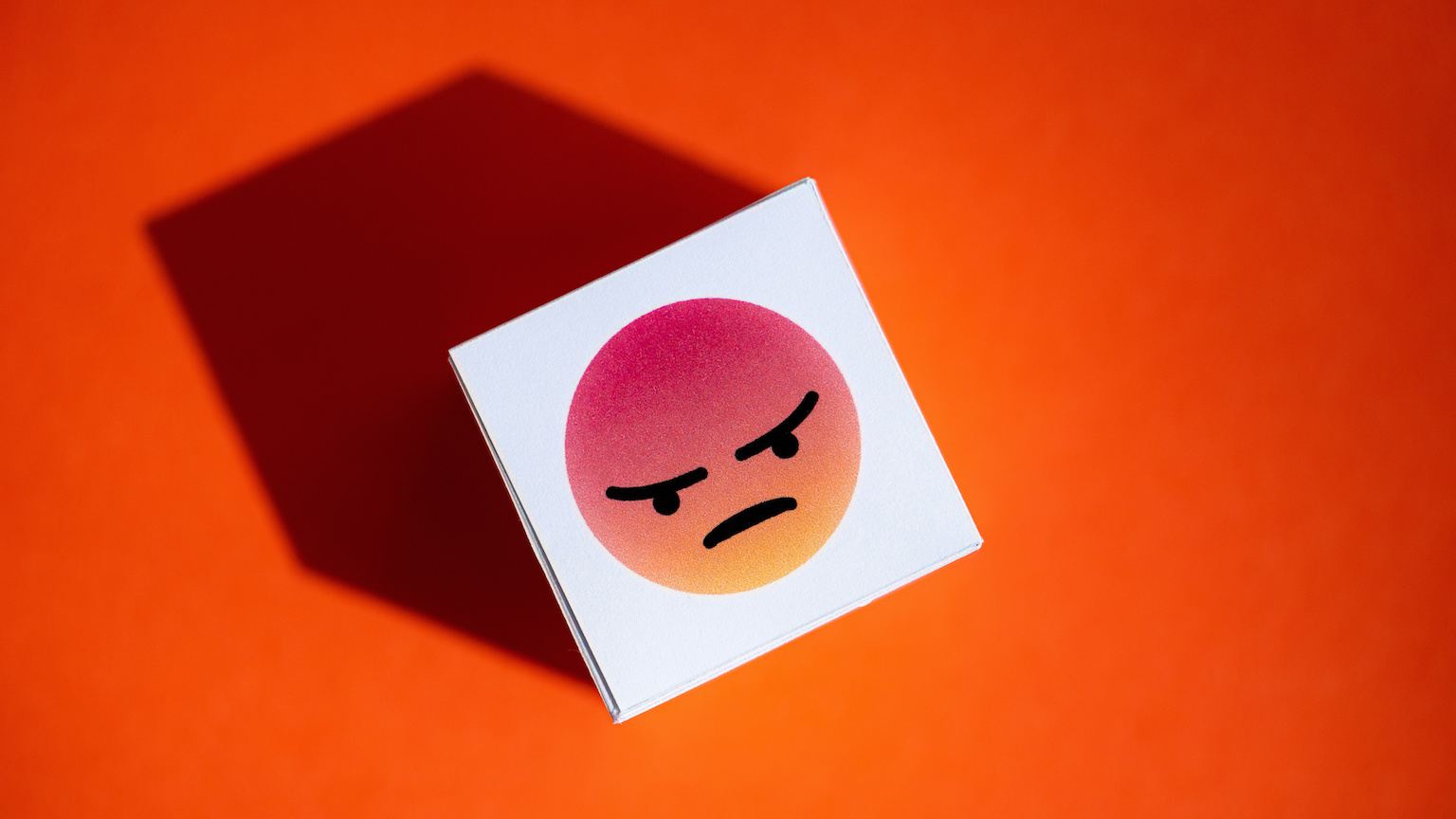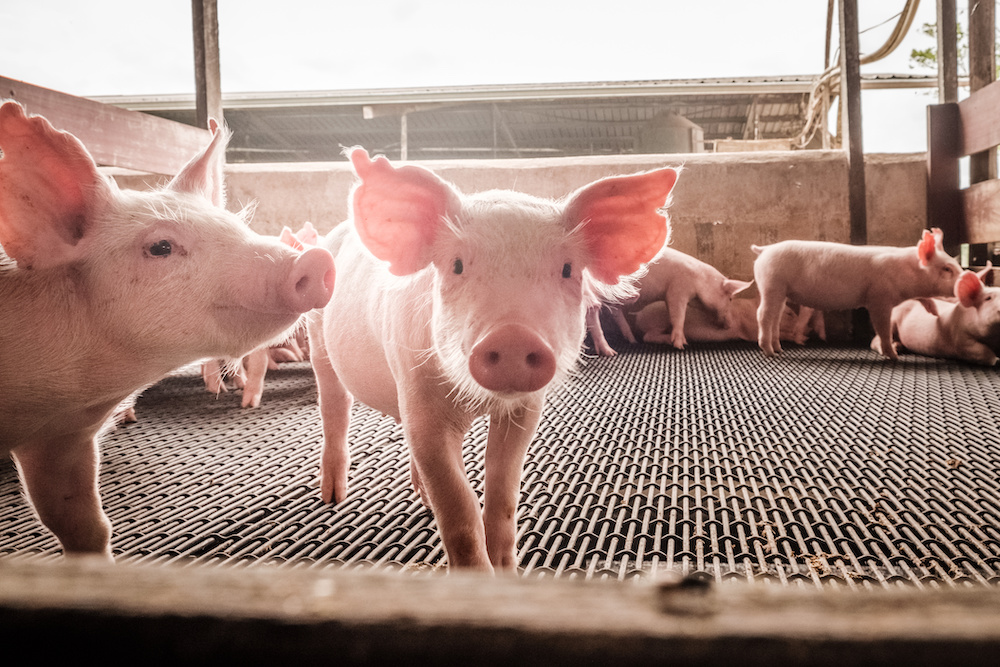Ethics
Suppose that fetuses are persons. Since pregnant people are too, how should conflicts between them be settled?
Regardless of political ideology, one of the few things that many people seem to have in common is a moral hypocrisy that arises from a fundamental lack of self-reflection.
We all know assholes. Perhaps, you are one. Now, psychologists are trying to answer one of life’s biggest mysteries: What, exactly, makes someone an asshole?
One form of domestic abuse involves a parent breaking their child’s connection with the other parent.
Science has come a long way since Mary Shelley penned “Frankenstein.” But we still grapple with the same questions.
Aristotle’s ancient virtues play a vital role in today’s war.
And debate over it started soon after.
People believe that slow and deliberative thinking is inherently superior to fast and intuitive thinking. The truth is more complicated.
Research shows that octopuses are sentient, emotional creatures.
What responsibility do social media companies like Twitter have to free speech? It depends on whether they are “landlords” or “publishers.”
Some question the ethics of sanctions aimed at cancelling Russian art and culture and punishing ordinary citizens.
There is strong evidence that invertebrates are sentient beings.
Moral dilemmas reveal the limitations of ethical principles. Oddly, the most principled belief system might not have any principles at all.
Many atheists think of themselves as intellectually gifted individuals, guiding humanity on the path of reason. Scientific data shows otherwise.
Will all robots think like Jeff Bezos and Mark Zuckerberg?
Not only that, but AI learns what type of faces we like.
In some Asian countries, what’s in your blood may influence your social status.
It’s possible to measure philosophy’s progress in two ways. But is that really the point?
The attitude we take to Will Smith’s slap will mirror our attitudes to violence, masculinity, and protecting others more generally.
Chimpanzees are able to consider the context of social interactions and can accept unfavorable outcomes — sometimes.
Modern applications of Stoicism show up in unexpected places, from the latest techniques in psychotherapy to texts on Christian theology.
“It’s not a secret that legal language is very hard to understand. It’s borderline incomprehensible a lot of the time.”
Every year, scientists like George Church get better at editing the genomes of human beings. But will genome editing help or hurt us?
Outrage is a useful emotion that helped our ancient ancestors survive. Today, it leaves us feeling angry, tired, powerless, and miserable.
The A.I. system could improve the lives of commercially raised pigs.
A growing body of research shows that religious people seem to enjoy more psychological well-being compared to others.
“What am I missing?” is a question that journalist Mónica Guzmán thinks more people should start asking.
When we fail to help in a bad situation, we are morally responsible. So, why don’t we pick up others’ litter?
George Washington, for example, was quite happy to engage in deception, if that deception would help protect the United States.








